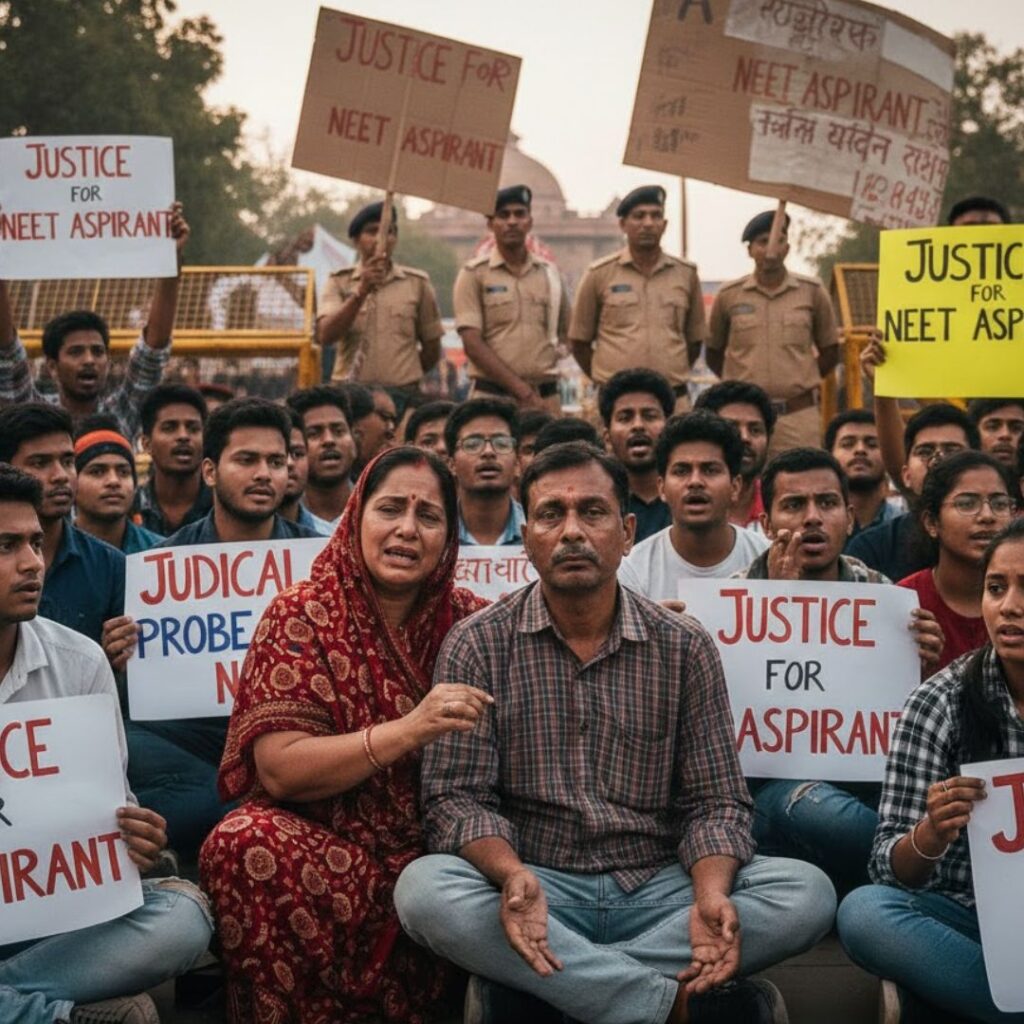Yoga guru Baba Ramdev has called for a nationwide boycott of American products like Pepsi, Coca-Cola, McDonald’s, KFC, and other US brands operating in India in response to the United States imposing a 50% tariff on Indian goods. He described the tariffs as “political bullying, hooliganism and dictatorship,” warning that such actions will provoke chaos and inflation in the US if Indians stop buying American products.
Ramdev urged citizens to avoid these brands completely to pressure the US administration, led by Donald Trump, to reconsider the tariffs. His call reflects a broader economic nationalism sentiment amidst heightened India-US trade tensions.
Demand for Economic Retaliation Through Boycott
Ramdev’s statement came after the US raised tariffs from 25% to 50% on Indian imports tied to India’s continued purchase of Russian oil despite sanctions. Rejecting the tariffs, Ramdev labelled them an “economic terrorism” and accused the US government of unfair treatment, singling out India while sparing countries like China that import more Russian oil.
He urged Indians not to be seen at outlets of major American brands such as Pepsi, Coca-Cola, Subway, KFC, and McDonald’s. He maintained that a widespread boycott would trigger economic chaos in America and increase inflation, potentially forcing a rollback of the punitive tariffs.
“Indian citizens should strongly oppose the 50% tariffs that America has imposed on India as political bullying, hooliganism and dictatorship. American companies and brands should be completely boycotted. Not a single Indian should be seen at the counters of Pepsi, Coca-Cola, Subway, KFC, or McDonald’s. There should be such a massive boycott… If this happens, chaos will ensue in America. Inflation will increase in America to the point where Trump himself may have to retract these tariffs… Trump has committed a blunder by turning against India,” he said to news agency ANI.
Contextualising the Tariffs and India-US Relations
The tariffs stem from US sanctions aimed at curbing Russia’s energy exports as part of the Ukraine conflict. India’s strategic energy choices have strained relations with the US, amid its own energy security concerns. The tariffs have faced criticism within the US too; members of the House Foreign Affairs Committee called the selective targeting of India “confusing” and damaging to bilateral ties.
Ramdev’s boycott call meshes with India’s longstanding push for “Atmanirbhar Bharat” or self-reliant India, encouraging domestic consumption over foreign imports. The strategic economic and political complexities illuminate the challenges faced by India in balancing global partnerships and national interests.
The Logical Indian’s Perspective
The Logical Indian recognises the importance of economic sovereignty and the right of citizens to support local industries. However, it also believes in resolving trade disputes through diplomatic engagement and dialogue rather than escalating tensions with blanket boycotts.
Constructive cooperation, transparency, and pragmatic trade policies benefit both nations and ensure long-term peace and prosperity. Calls for boycotts must be tempered with sensitivity to economic and cultural interdependence.













